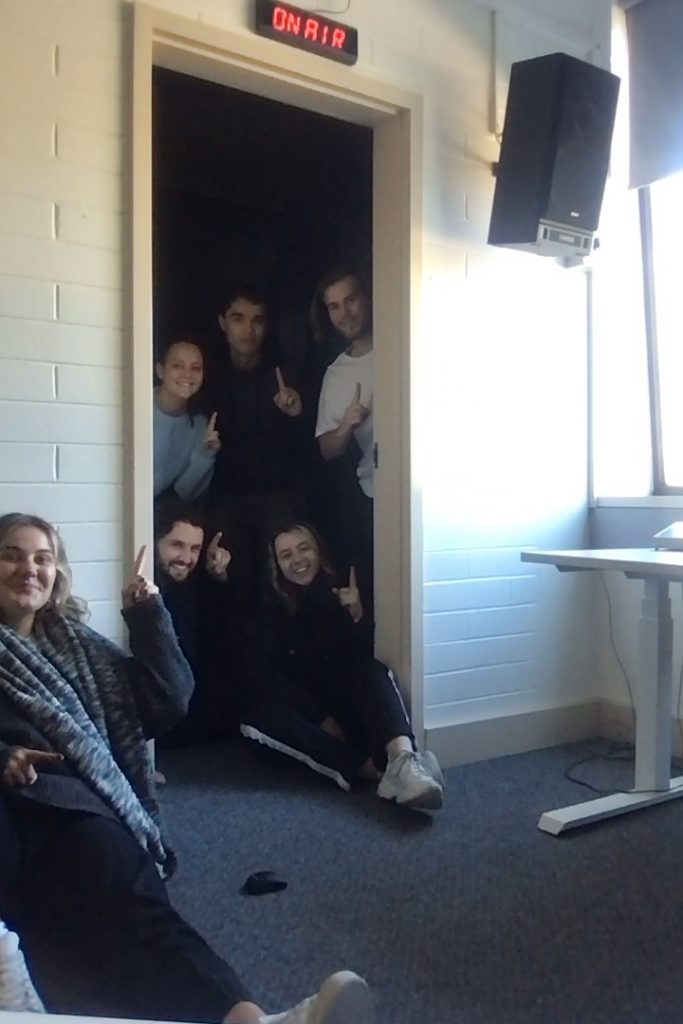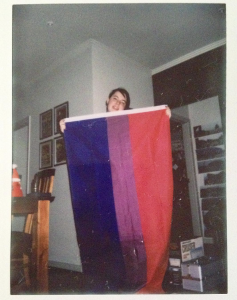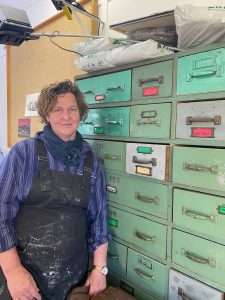The Amazing Gender Acceptance

From the day humans are born their parents are generally told one thing about their child: whether it’s a boy or a girl.
From that day onwards, they are brought up as their assigned gender. They are enrolled at school as male or female, called he or she accordingly and most people never think twice about it.
But for an estimated 2 to 5% of the population, this may be physically true, but is definitely not true to the person or gender they genuinely are.
“There wasn’t a clear, defining moment when I realised that I wasn’t the gender I had been assigned at birth. There was a lot of questioning, denial, disbelief, and confusion,” said Daniel Jackson, whose transition began when he was 20 years old.
“I was afraid that people weren’t going to believe me, that they were going to treat me differently. I was afraid that my past was going to be brought into question, that my behaviour was going to be scrutinized closely and that I wasn’t going to ‘pass.”
Daniel, whose name has been changed to give him anonymity, was assigned as a female at birth. He can’t quite remember the first time he began questioning his gender identity, but recalls diary entries and pieces of writing from his childhood that make him think that he possibly knew something wasn’t right from the age he became aware of gender.
“I hated wearing skirts at school, so I wore pants. I thought it was normal because a lot of my friends were the same about skirts. I never knew that a person assigned a certain gender at birth could actually be a different gender,” said Daniel, recalling the events of his childhood that he reflects upon now that he has fully accepted his true self.
“I pretended to shave my ‘beard’ when I was in a bubble bath. I had a lot of trouble with puberty because it made me feel disgusted about my own body.”
Daniel made the choice to come out to his friends about a year and a half ago, first telling his best friend whose unrelenting acceptance gave him the nudge he needed to come out to his mother about six months down the road.
“It was hard to come out, even with people I trusted. I used the internet to come out ‘officially’ as such, which was much easier than talking to everyone individually, or face-to-face,” said Daniel. “Mum initially was confused, but she did her best to understand and be supportive. She’s come really far in the last year or so since I came out”
Although Daniel feels that his family has generally been very accepting, it hasn’t been a cakewalk, particularly with his father, whose response to Daniel’s coming out has not been ideal.
“Dad was the worst about it all,” said Daniel, reflecting upon his fathers’ reaction to the revelation that his supposed daughter is in fact a son. “He said I’d always be his ‘little girl’ and that’s a seriously awful way to react to someone coming out as another gender. And no matter what I say he is unrelenting, he still refers to me as ‘his little girl’ and calls me by my female name.”
Daniel, in comparison to many transgender adults, has been rather lucky to be surrounded by supportive, accepting people. But not all transgender adults have that luck, with hate violence incidents targeting transgender people accounting for 20% of murders, and 40% of police-initiated violence.
“Suicide is far too common for transgender people,” said Daniel of his experience speaking with others within and coming to understand the transgender community.
“Not only that but transphobia has led to the murder of many trans people, including Islan Nettles, a 21 year old black transgender woman who was beaten to death by a group of men in New York City.”
Daniel believes it is vitally important for people to try and understand and accept those who are different, and would tell others in the same situation that there is support out there for everyone if you look long and hard enough.
“I have met friends in real life and over the internet who helped me discover and accept who I am. If you have weird feelings about your gender please don’t be afraid to examine it more closely,” Daniel said.
“Other people will try to tell you what you are; they are wrong. You don’t have to come out to everyone, particularly if you don’t feel safe doing so. You are valid. Your gender is valid. You don’t need to undergo surgery to be valid, and it’s not a requirement to hate your body.”
Now at year and a half down the line at the age of 21 years old, Daniel has finally come to accept himself for who he is, and is becoming more and more confident every single day.
“None of it has really been easy,” said Daniel about accepting who he is. “It’s nice to finally be more confident in who I am. It’s been hard, but I wouldn’t change myself for the world.”




Moewe
Apr 1, 2017 at 6:59 pmAnyone who writes the line, "But for an estimated 2 to 5% of the population, this may be physically true, but is definitely not true to the person or gender they genuinely are" is I guess following the journalistic philosophy of 'Never let the truth get in the way of a good story'. And the topic here is truth, or 'trueness' if you like. If your gender is 'physically true', in other words, you are physically truly a male (i.e. because you have a penis and testes), how precisely is this different from 'the gender they genuinely are'? In other words, what is the difference between one's true gender, and one's genuine gender? The even shorter version: what is the difference between trueness and genuineness? Well, in this article, it seems that 'trueness' is objective and 'genuineness' is subjective. Trueness needs verifiable evidence, genuineness needs strong feelings. Trueness is based on reason, genuineness is based on emotion. Trueness is about the seen, and genuineness is about the unseen. I dunno, I prefer my journalism to be about truth rather than genuineness. Save that stuff for novelists. This may be why I don't read the mainstream media anymore. Journos these days are either posers trying to show off how 'moral' they are, or perverts who get off on arson, war, car crashes and murder. Or they are both. Amazing the things you come across on the internet.
Anny Sims
Apr 19, 2017 at 12:55 pmI think the confusion here is your genitalia corresponds to your sex, not your gender. Gender has nothing to do with your body and instead how you identify. Monash Med has a really great page to explain it - http://www.med.monash.edu.au/gendermed/sexandgender.html